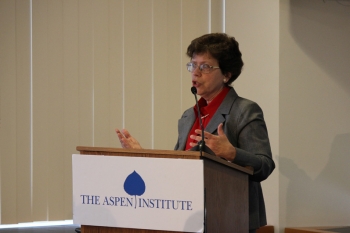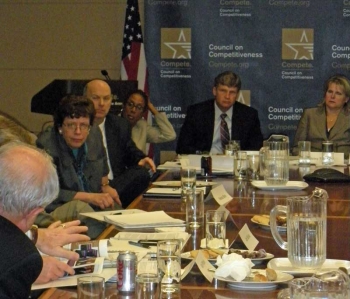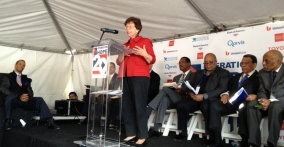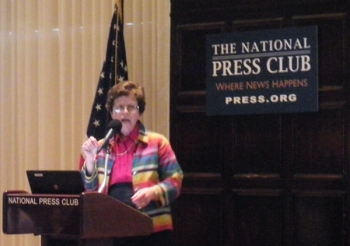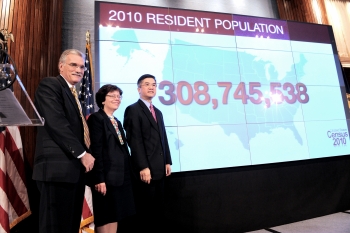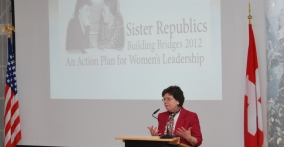2010 Census: On-Time, Under-Budget, and Extremely Accurate
Guest blog post by Commerce Deputy Secretary Rebecca M. Blank
Yesterday's U.S. Census Bureau report shows that not only was the 2010 Census delivered on time and significantly under budget–but even more important, it was extremely accurate. I am proud of the extraordinary accomplishment by the Census Bureau and the Commerce Department in its success with the massive 2010 Decennial Census effort that gathered data vital to understanding our nation’s population and to allocating equal representation in our democratic system. The accuracy of the 2010 Decennial Census is particularly impressive considering outside predictions of failure. The Census was able to reverse a decades-long decline in survey response rates with its 2010 count.
The data released yesterday are from a post-enumeration survey of the 2010 Census called the Census Coverage Measurement (CCM) program, which measures the accuracy of the coverage of the nation’s household population (excluding the 8.0 million people in “group quarters,” such as nursing homes or college dorms). It surveys a sample of the 300.7 million people living in housing units and then matches the responses to the census, providing an estimate of exactly who was or wasn’t counted in the census. The results found that the 2010 Census had a very small net overcount–just 0.01 percent–which is statistically virtually the same as zero, and a significant improvement over the 0.49 percent overcount in 2000 and 1.61 percent undercount in 1990. You can learn more about how the Census Bureau conducts the CCM survey after the census to help measure its quality.


